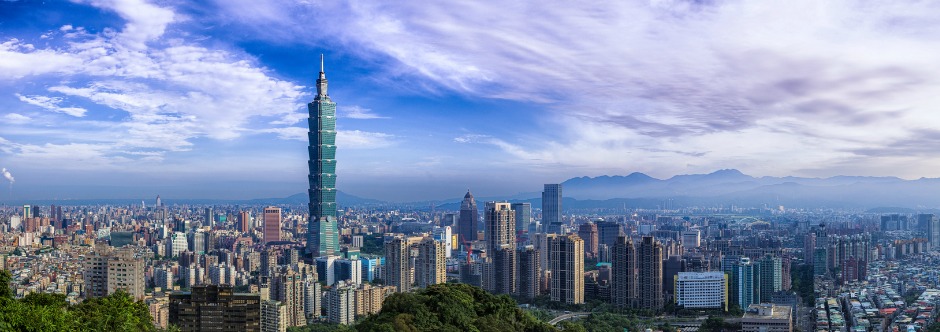As the economies of Asia boom, more and more talent is moving to the region. At the same time, lateral hires within the countries and region are growing. There are more well paid managerial positions and more large companies competing for the best talent. All of this results in dynamism requires support and expertise from the staffing industry to help companies compete and win.
New Hot Spots for Talent in Asia
While Japan, Korea, Singapore and Hong Kong have supported first-world living standards and staff for years, other countries are now starting to catch up. That is especially true of the many large, international cities in China such as Beijing, Shanghai, Shenzhen and Guangzhou. Delhi and Mumbai in India draw international talent while other key cities in the region such as Taipei, Bangkok, Kuala Lumpur and Jakarta are attracting high level talent and high paying jobs.
This is particularly true because the service sector is transforming these societies. In 3/4 of Asian countries, the service sector accounts for more than 50% of GDP. That includes financial services, technology, tourism, education, health care and law among other sectors.
On the other hand, unemployment still remains fairly high in Malaysia, Indonesia, India and China if you only include the formal sector. Most employees in the service sector receive salaries that are a few thousand dollars or less per month so they cannot use high-touch staffing services.
Localization
At the same time, some localization has occurred, especially in developing economies. A decade ago, it was difficult to find skilled managers with international backgrounds in developing economies like China, India, Malaysia and Thailand. That resulted in international companies bringing their own people at great expense including first class travel, luxury apartments and international salaries. Today, it is much easier to find local people with backgrounds sufficient to do those managerial jobs.
Those local people understand their markets better, are much less expensive and are often just as talented. Extremely senior managers may still be recruited from the home country, as they have a better understanding of the overall direction the company is seeking. Still, the days of expensive talent flown into developing economies is slowing if not reversing.
Dynamic Tech Growth
Perhaps the biggest development in recent years has been in the tech scene. Companies in virtually every market are seeking world-class web, software and mobile app developers. Japan’s Softbank, China’s Baidu, Alibaba and Tencent, South Korea’s KaoKao and many other smaller companies are growing rapidly. They are developing an international ecosystem of Asian technology companies with huge demands for talent.
In the future, software developers will continue to be in high demand. However, hardware, pharmaceutical and clean energy engineers are also coming into higher demand.
Rain Makers
Managing Directors, Partners and top sales people who are often called “rain makers” are always in high demand. These people have the ability to pay for themselves as well as other parts of the organization. They include investment bankers, financial advisors, lawyers, consultants and marketing professionals. They usually move within a country, rather than across borders because they must take advantage of their existing local relationships to be most successful.
As the local economies grow, these individuals can bring in more and more money for their companies. Some new hires are guaranteed hundreds of thousands of dollars in contracts in exchange for trying to bring over their clients to the new firm. For example, a top lawyer bringing two or three multinational clients to a new firm might be worth a million dollars annually.
Asia now represents over half of global GDP and will continue to increase. As this shift accelerates, more high level talent local and internationally will be seeking well-paid employment opportunities.
.





